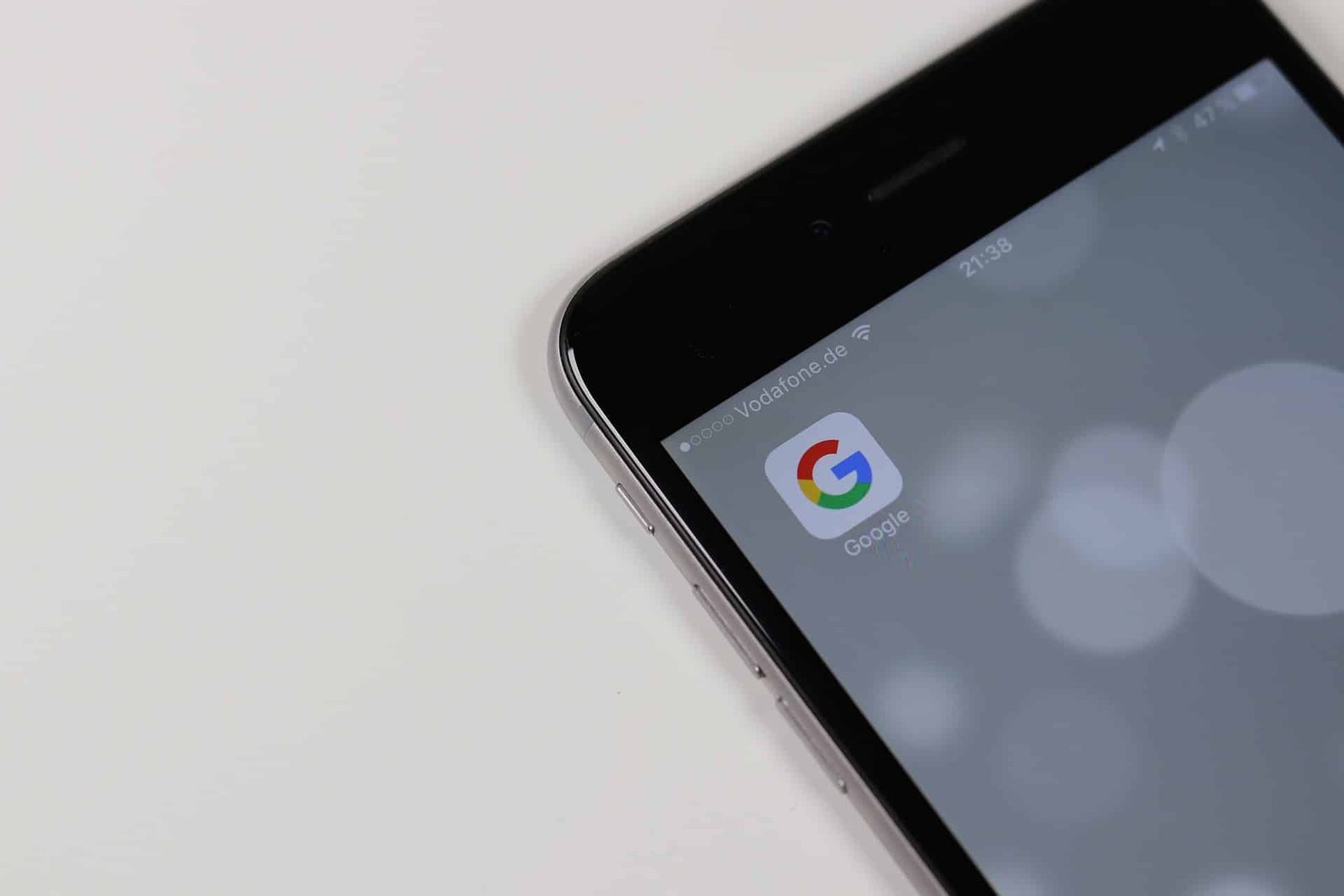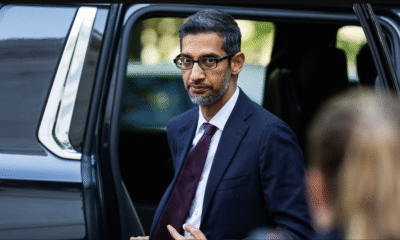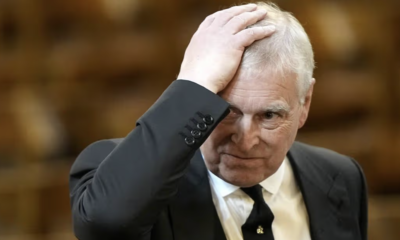Big Tech
Russia Fines Google an Unprecedented “Two Undecillion” Rubles for Restricting State Media on YouTube
this staggering figure—a two followed by 36 zeros—translates to roughly $20,000,000,000,000,000,000,000,000,000,000,000 in U.S. dollars, far exceeding both Google’s estimated $2 trillion valuation and the world’s total GDP, which the IMF estimates at around $110 trillion.
In a move that underscores the ongoing tension between Moscow and U.S. tech giant Google, a Russian court has imposed an almost unimaginable fine on the company: two undecillion roubles. For perspective, this staggering figure—a two followed by 36 zeros—translates to roughly $20,000,000,000,000,000,000,000,000,000,000,000 in U.S. dollars, far exceeding both Google’s estimated $2 trillion valuation and the world’s total GDP, which the IMF estimates at around $110 trillion. The fine, reportedly increasing over time, was issued as a penalty for Google’s decision to restrict Russian state media outlets on YouTube, including major channels such as RT and Sputnik. The restrictions began in 2020 but were intensified following Russia’s full-scale invasion of Ukraine in 2022, at which point most Western companies withdrew from Russia due to sanctions and ethical concerns.
Dmitry Peskov, Kremlin spokesperson, commented on the extraordinary nature of the fine, admitting he “cannot even pronounce this number” but emphasized that Google should “pay attention.” Google has not issued any public response to the fine or to requests for comment from various media outlets.
Russia’s state news agency, Tass, highlights that the fine is part of a broader dispute between Russia and Google over access to information and the control of narratives within Russian borders. Since the Ukraine invasion, Moscow has taken measures to block or censor Western media while retaliating against sanctions by issuing hefty fines and penalties against companies that limit Russian content. In 2022, Google’s Russian subsidiary declared bankruptcy, and the company ceased many of its commercial operations in Russia, including advertising services. However, Google’s products, such as YouTube, are still accessible nationwide.
This latest action from Moscow reflects the Russian government’s ongoing efforts to clamp down on freedom of expression and limit access to external sources of information. Russia’s media watchdog, Roskomnadzor, has long accused Google of promoting content that undermines state interests, and Russian courts have issued escalating fines on Google since 2021.
With reported limited press freedom in Russia, the situation has heightened concerns over free speech and access to independent news. This enormous fine—more symbolic than enforceable—seems intended to send a clear message of Russia’s opposition to foreign media restrictions, with potentially more drastic measures on the horizon if the standoff continues.









































